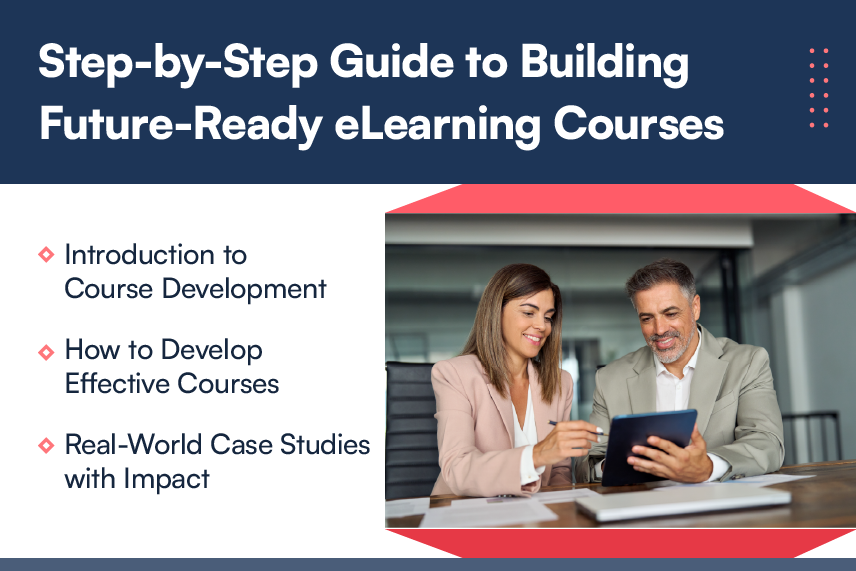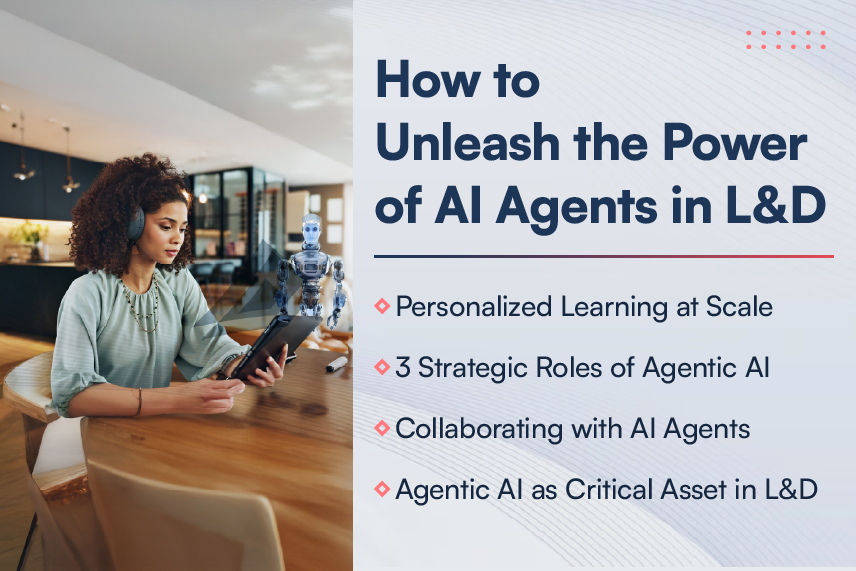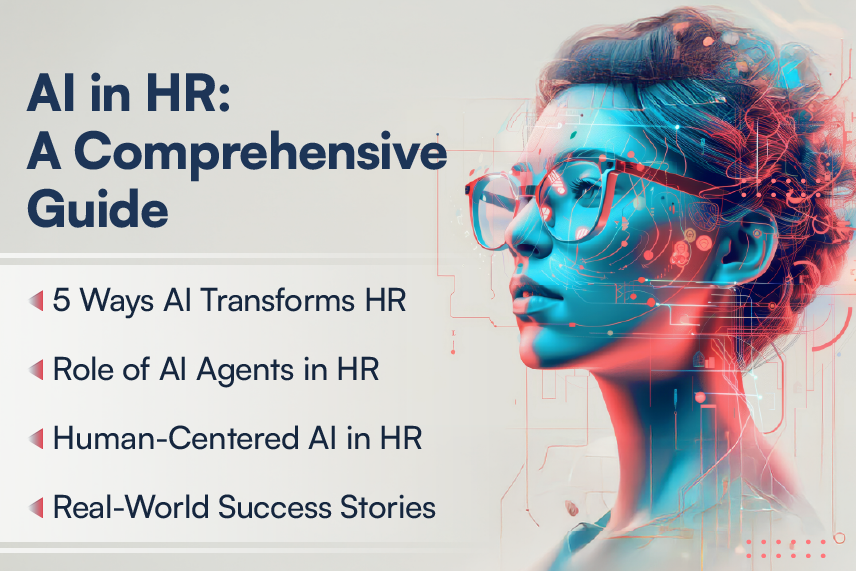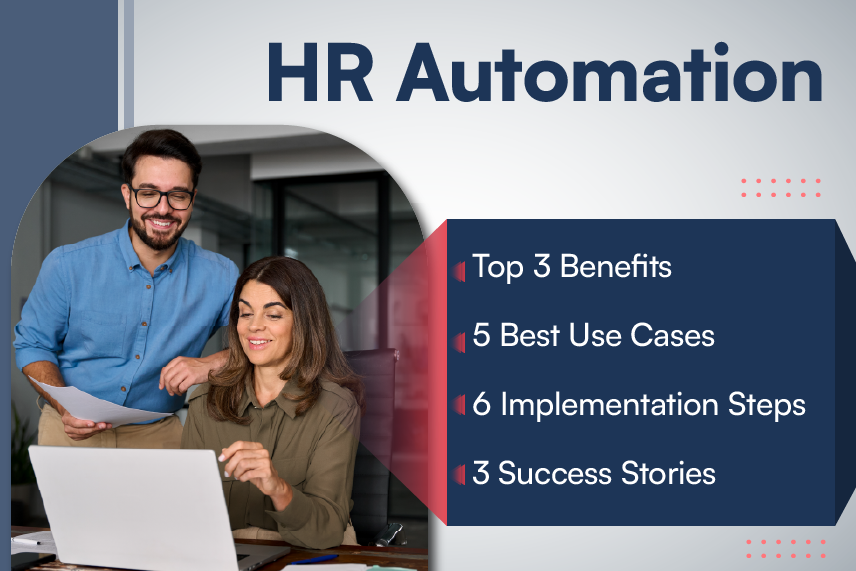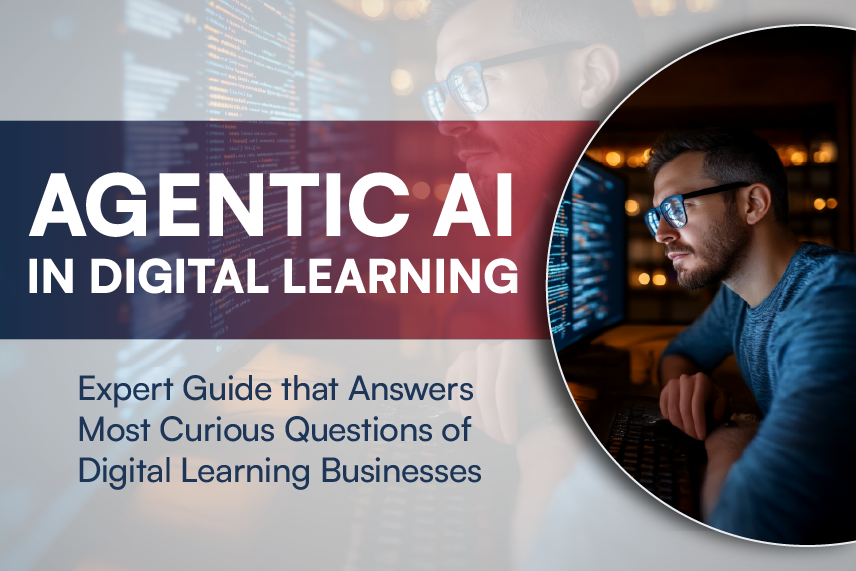We all are learning in life, this phrase has been bolted softly as experiences go by. Be school education or formal training at workplace, humans are forged by this term learning for life. We as learners have the tendency to forget more than half of the content we learn in a day or so of formal training. Keeping this in mind, it becomes crystal clear that even the best training may not result into complete success. Furthermore, well-trained people go back into work environment as they will continue to experience difficulty in applying what they have learned. Performance support on the other side is quite different; it overcomes this challenge by simply enabling task guidance, productivity benefits and exceptional support to the user at the need of the hour.
We all are aware that simplified learning works best as the user is at ease when learning. Similarly, Performance Support helps in reducing complexity and the number of steps required to complete a particular course. Creating small packets of learning content is easy to consume than large chunks of data, this is how micro-learning techniques are utilized. Eventually, the learner is left with enough bandwidth to complete other tasks at hand.
Micro-learning acts as a supplement for the formal training content and help the learner to boost performance by offering self-directed but complete learning experience. Along with micro-learning, following are the three key aspects which helps in achieving performance support effectively in the fields like Sales training, Product training, On-the-job-aids, etc.
Mobile – A mobile phone is a widely used device for communication and entertainment purposes; however, it also offers a delivery channel for performance support if required.
It has the potential or ability to access data or people that provide guidance or information on demand in close proximity of work with rapid response time. They are not just channels to access the information but can be used for storing the information in offline mode as well. They are great for repetition, practicing and for reminders.
Video – Video has the ability to communicate precise information in simple manner in short duration and which is easy to absorb and contextualize. The power of video provides benefit whether the user is online or offline and it acts as a visual medium for users to check how they are performing the task at hand. The ability to make immediate updates to the content makes it easy to customize the learning experience for the learner. The presence of Rewind and Repeat functions enables the user to review learning content at their own pace.
Collaboration – Collaboration brings in the flavor of team approach in problem solving by maintaining individual accountability. Apart from developing critical thinking skills, Collaboration also luminates interactive and analytical learning environment with backing of knowledge and experience.
This unique model of MVC (Mobile-Video-Collaboration) results into a most complete solution for mLearning as well as Performance Support requirements. To know more, do join us at Performance Support Symposium 2015 for interactive session on “Micro-learning for Performance Support Using MVC: Mobile-video Collaboration”.


